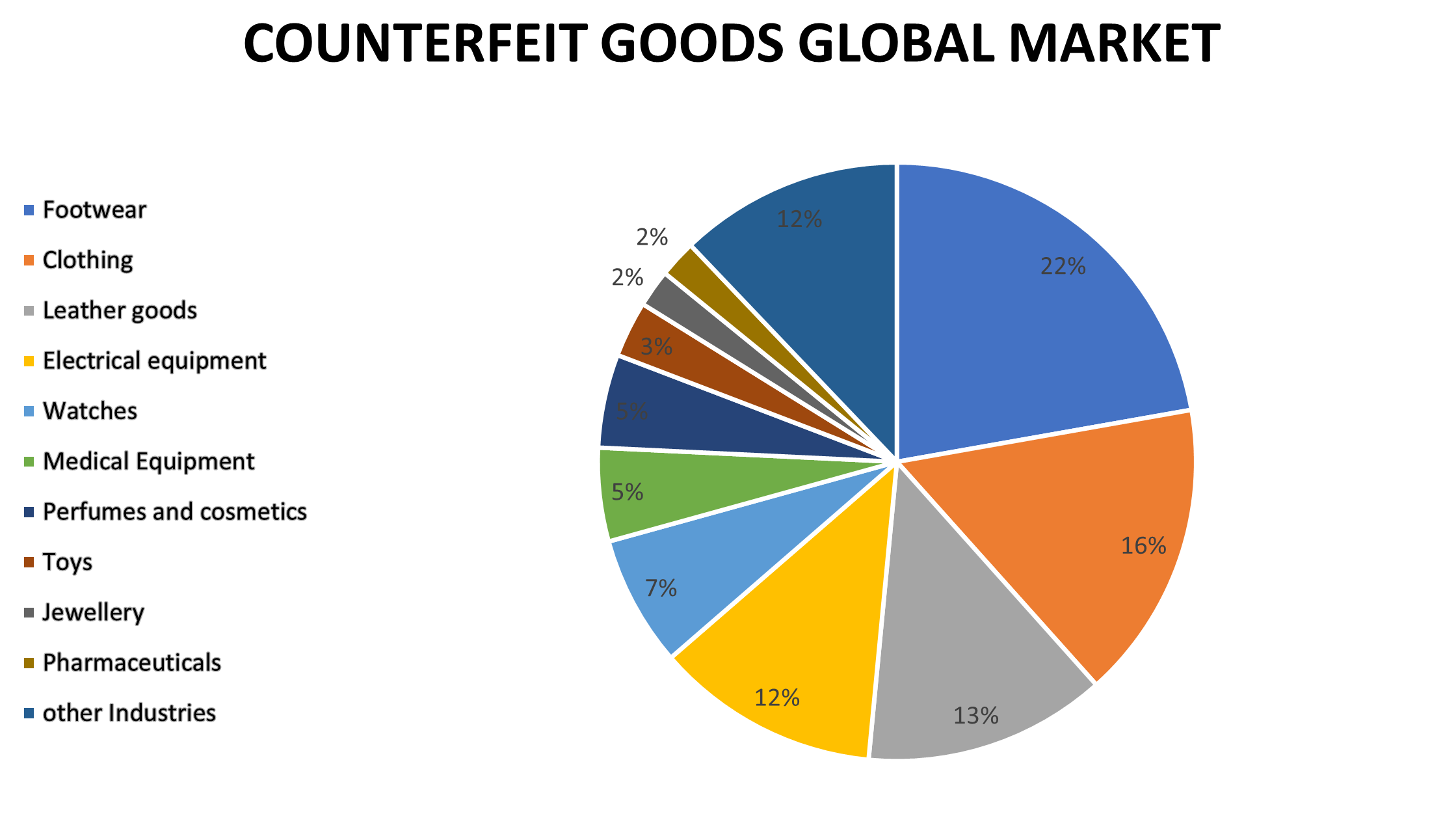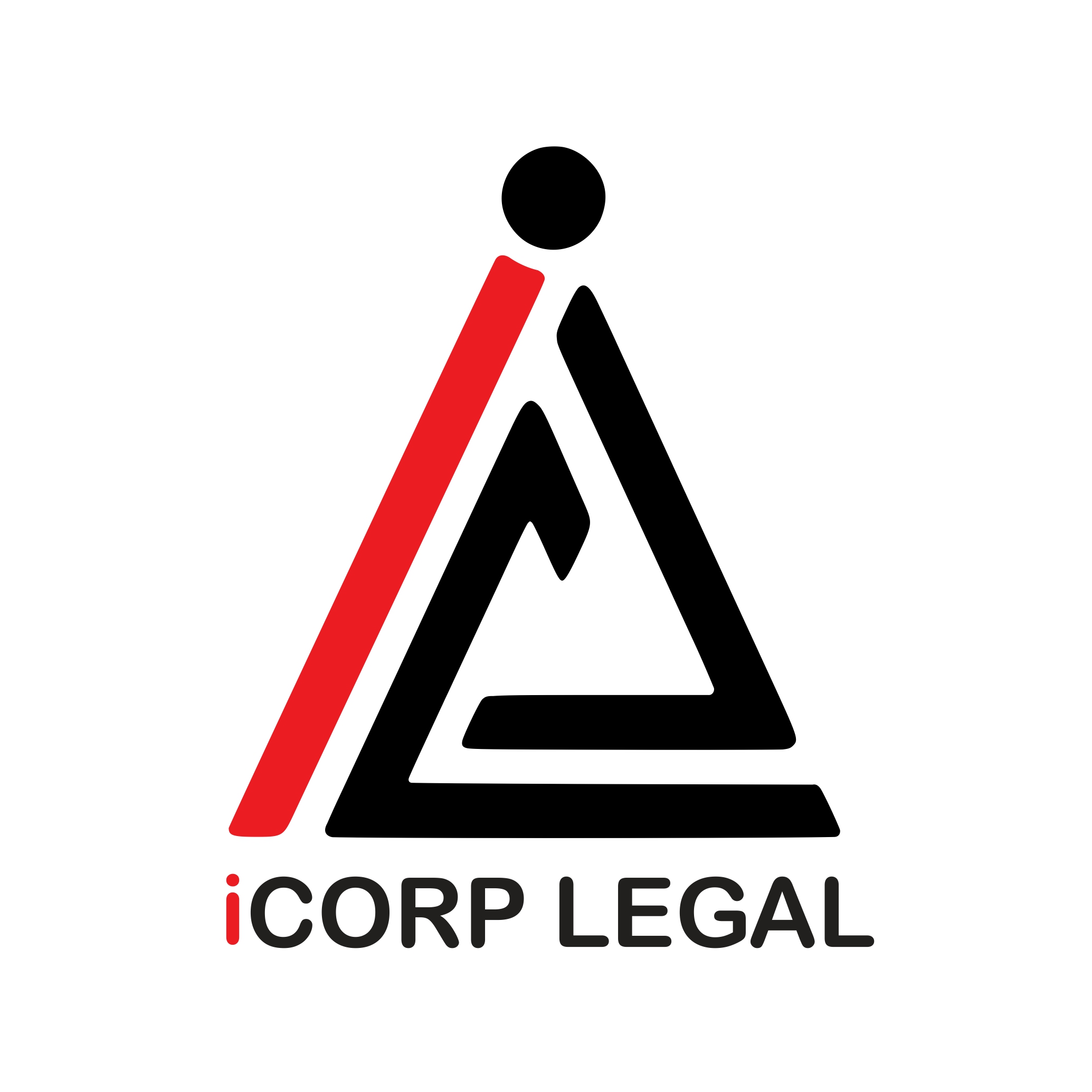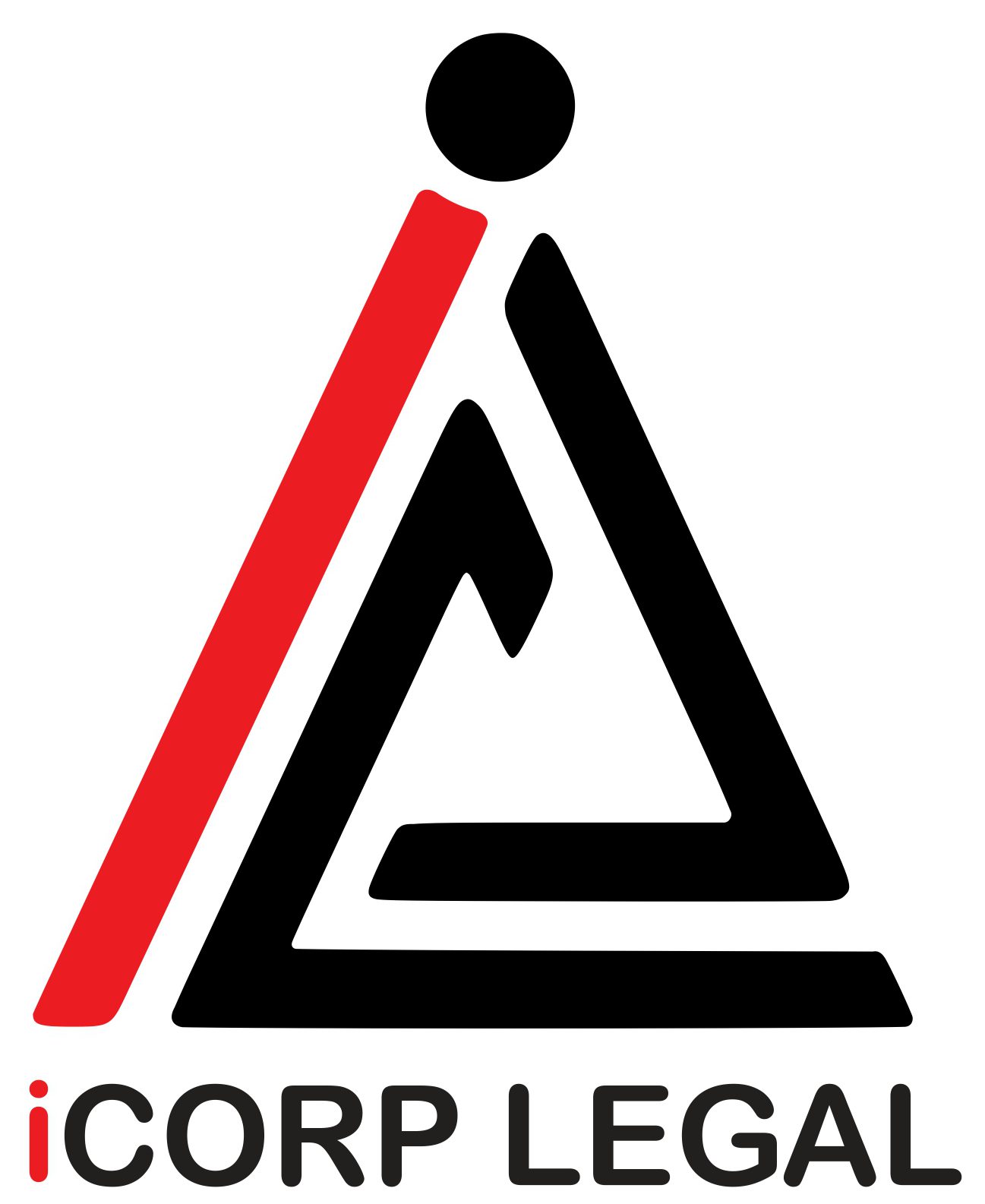
Counterfeit goods refer to unauthorized replicas or imitations of genuine products. They are produced and distributed without the consent of the original brand or trademark holder. This global phenomenon has severe economic, social, and ethical implications. Firstly, counterfeit goods harm the global economy by undermining legitimate businesses and reducing revenue for industries. These illegal activities lead to job losses, decreased tax revenues, and reduced investments in innovation and development. Additionally, counterfeit goods often lack quality control, posing potential risks to consumers’ health and safety. Moreover, the production and sale of counterfeit goods are linked to organized crime networks and illicit trade. The purchase and consumption of counterfeit goods perpetuate a culture of dishonesty and compromise ethical standards. It is essential for consumers to be aware of the consequences associated with counterfeit goods, as supporting such practices not only violates intellectual property rights but also encourages illegal and unethical behaviour.
The issue of counterfeit goods is a complex problem that requires collective efforts from governments, businesses, and consumers to combat. Strict enforcement of intellectual property rights, consumer education, and international cooperation are key steps towards eradicating the production and trade of counterfeit goods, ultimately promoting a fair and ethical marketplace.
According to an official record:

In India, Counterfeiting is not limited to high-end luxury items. Common items, from cumin seeds to cooking oil and from baby-care items to medicines, are increasingly reported as counterfeit.
“Illicit goods trade stood at 2.6 trillion in FY 2019-20 in India and affecting almost all sectors. The legal framework offers a diverse range of solutions to combat and provide with Protection and remedies from counterfeiting through various statutes. However, In Indian Law system counterfeiting has been addressed through different statutes by providing statutory, criminal, civil and administrative remedies. Intellectual Property Right is one of the most mainstream area where counterfeiting is tackled.
OUR TEAM of Legal Professionals have played an active role in initiating criminal proceedings and obtaining seizures orders from various Indian Courts against the individuals and business engaged in the manufacturing and distribution of counterfeit products. Additionally, iCORP LEGAL possesses exceptional expertise in Trade Mark Registrations and Customs enforcement. The team’s deep understanding of the procedural aspects coupled with their experience in handling criminal actions and filing suits in the appropriate jurisdictions has resulted in successful criminal convictions of numerous counterfeiters. This accomplishment is made possible through an established network and collaboration with local police authorities to enforce the court orders. ICL offers a comprehensive range of anti-counterfeit services, including civil and criminal litigation, as well as conducting investigations in cases involving alleged counterfeit goods.
The rapid advancement of technology has led to an increase in counterfeiting activities worldwide. Counterfeit versions of high-end branded items are now available in local shops and numerous websites, both obscure and popular. Counterfeiting is considered a criminal offense as it involves the infringement of Intellectual Property Rights. Various statutory provisions in India offer criminal remedies for counterfeiting, including the Trademarks Act, the Copyright Act, the Geographical Indications Act, and provisions in the Indian Penal Code.
- Under the Trademarks Act, 1999 applying a false trademark or trade description is punishable by imprisonment for up to three years and a fine ranging from INR 50,000 to 200,000.
- The Copyright Act, 1957 empowers the police to seize infringing copies of copyrighted works. Offenders involved in copyright infringement can face imprisonment for up to three years and a monetary fine.
- The Patents Act, 1970 primarily focuses on the registration and protection of patents, but it addresses certain circumstances where criminal liability may arise, such as misrepresenting an article or process to obtain a patent or breaching secrecy requirements.
- The Geographical Indications Act, 1999 provides criminal remedies for Geographical Indications (GIs) infringement. Offenders may face imprisonment for a period ranging from six months to three years and a fine ranging from INR 50,000 to 200,000.
- The Intellectual Property Rights (Imported Goods) Enforcement Rules of 2007 empower the Customs Department to seize and suspend the clearance of counterfeit goods at the port. Customs officials have the authority to take action against goods that infringe upon intellectual property rights and can destroy infringing goods.
iCorp Legal has significant experience in assisting clients with pursuing criminal remedies against counterfeiters, utilizing the provisions outlined in the aforementioned statutes and regulations.








